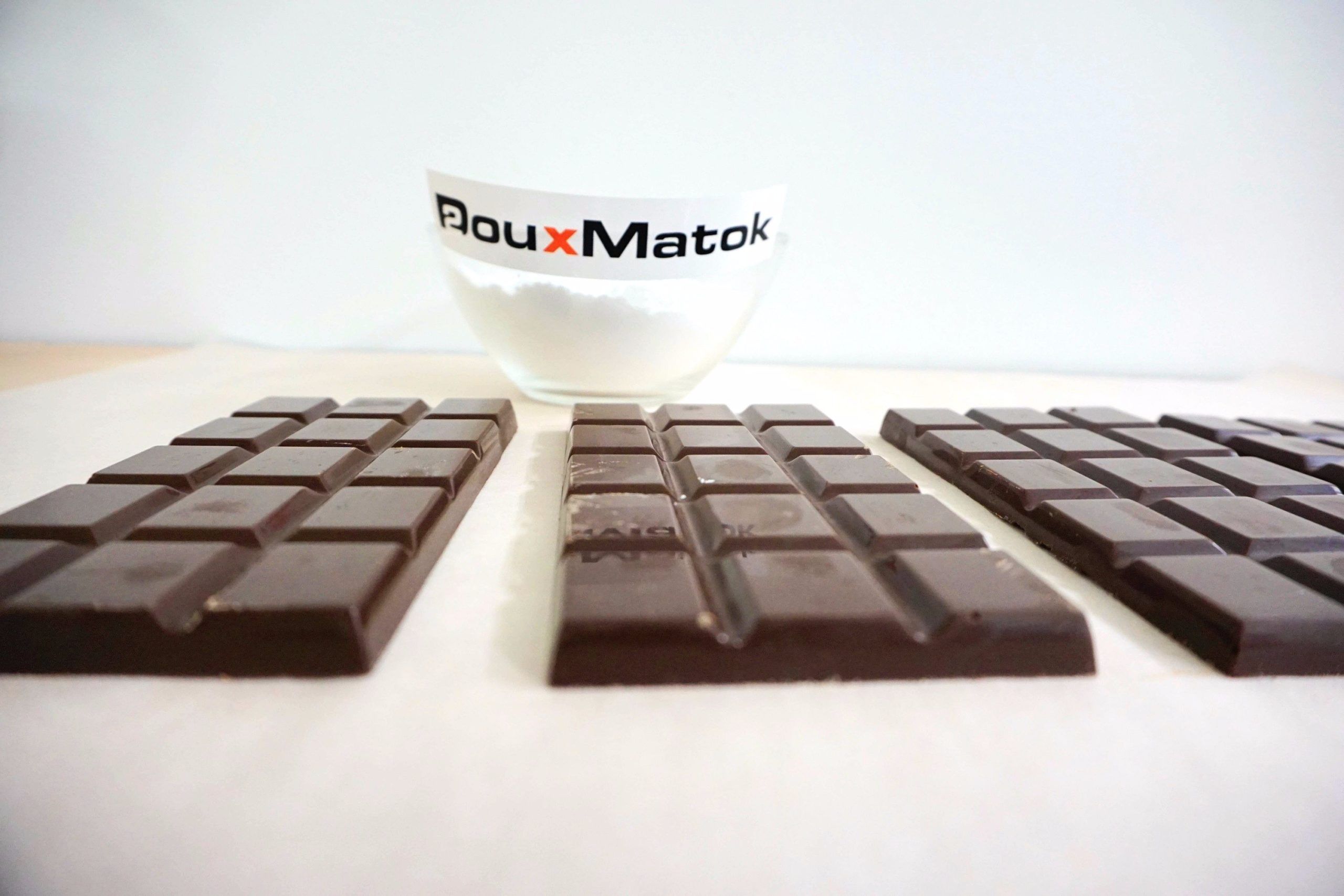Israeli sweetener-alternative startup, Douxmatok has raised an $8.1 million Series A round from Israeli life sciences and food tech investors.
According to the company, Douxmatok allows food companies to use 40% less sugar in their products while achieving the same level of sweetness, with no aftertaste.
The round was led by Pitango, an Israeli life sciences and healthcare VC, with the participation of existing shareholders, including Gil Horsky, global innovation lead at Mondelez International, and FoodLab Capital, an Israeli accelerator and early-stage food tech investor.
Douxmatok has boosted the amount of sweetness perceived per gram of sugar by binding the sucrose molecules to the mineral silica, a commonly used anti-caking agent that is approved by the FDA and the EU. Silica is also a naturally occurring mineral in many foods like bananas, carrots, bread, and rice. This binding process causes the sucrose molecules to hit the taste receptors at higher concentrations, increasing the brain’s perception of a sweet flavor. According to the company’s CEO Erin Baniel, the sweet flavor also lasts longer.
“This is not a new sweetener since we are sugar based. Most of what goes into a Douxmatok sugar is sugar; the sugar you know. The idea is to be more efficient in the delivery of the sugar molecules to the receptors allowing for a considerable reduction in the amount of sugar you need. That’s why there’s no aftertaste,” Baniel told AgFunderNews.
The company’s most commonly heard concern? That the same sweetness without the calories behind it will lead to over-consumption. Baniel says the longer-lingering sweet flavor mitigates this possibility.
The original inventor of the compound is Baniel’s 99-year-old father Avraham Baniel, who spent his career as a consultant in the baking and sweetener businesses, consulting for British baking giant Tate & Lyle and working on alternative sweetener Sucralose. The younger Baniel is looking to mitigate some of the issues with past alternative sweeteners including sucralose, stevia, and sugar alcohols like erythritol.
Since its founding in 2014, the company has been developing recipes for bakeries in Israel and some multinational food companies, that couldn’t be named due to the terms of the existing contracts.
Since sugar is an important structural element of many baked goods like muffins and cookies, baking with less of it requires some element of trial and error as well as introducing other ingredients to make up for the bulk lost. Baniel said that a happy result of this is that the end products usually end up with more dietary fiber as a result.
“There is an element of education because you may need to adapt the way you use sugar,” he said, adding that US companies are currently developing recipes using Douxmatok’s sugar in packaged baked good and baking mixes so far.
And there are other products in the pipeline. Baniel says there is some variation in the ways that the sugar is bound to the silica, which can change the behavior of the substance. But any further products they develop will likely still only be for industrial use since Baniel says it would be difficult to compete with sugar on price at retail.
Furthermore, Douxmatok is working on applying the silica solution to other sweet molecules like glucose and even corn syrup.
Baniel says that some of his customers are pushing to get a Douxmatok-sweetened product on the market by the end of 2018, and since the ingredients are just sugar and silica, there are likely to be few regulatory hurdles, if any. However, it remains to be seen whether consumers will jump on board with a sweetener innovation that may seem too good to be true.
Investor Gil Horsky says that the potential to decrease sugar intake is something consumers are looking for from food companies.
”The obesity and diabetes epidemics and their broader societal consequences are shifting the way consumers and policy-makers are thinking about food. They are expecting food companies to be part of the solution, by reducing the amount of sugar in their products,” he said.





